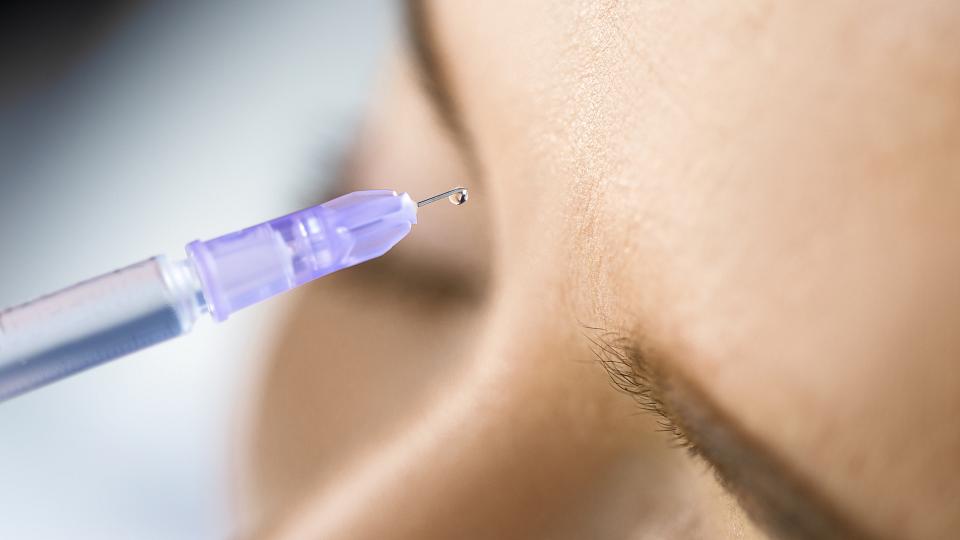
Should You Vacuum Your Pores?
Pore vacuuming is a popular beauty treatment that has intrigued skincare fanatics for several years—most recently going viral on social media apps. The treatment involves a small hand-held vacuum device that can suck out oil, dead skin cells, and other products that collect in your pores. Devotees claim that it gets rid of blackheads and improves the look of their skin.
But does it work?
For those who are the "do it yourself" type, home vacuums are available on the market for as little as $10. However, you shouldn't expect to see the same results as you would by going to see an experienced provider using a medical-grade device.
"At-home pore vacuuming devices have only shown to help with blackheads that are already loosened in the skin,” says Dana Rice, master esthetician in the Department of Dermatology at University of Utah Health. “They can cause damage to the skin with excessive exfoliation and suction."
Rice highly recommends having this done at a reputable location by an experienced technician using an FDA-approved device.
Are there any risks?
Poor results are one of the risks of vacuuming your pores yourself or having it done by someone without experience. If too little suction is used, the treatment may be less effective or ineffective. However, if too much suction is applied to the skin, you can suffer from bruising, skin irritation, micro tears of the skin, or telangiectasias—broken blood vessels in the skin.
"Depending on the severity, you may need to have the broken blood vessels treated with a laser to improve the appearance," Rice says.
Want expert advice?
Of course, you can clean your pores without treating your face like a carpet.
"In a professional setting, vacuum suction levels and the products used can be appropriately determined with each patient," Rice says. "Patients with thin skin, rosacea, or sensitive skin should have this treatment performed with a lower vacuum suction to prevent irritation or damage to the skin."
Rice explains that using topical products containing salicylic, glycolic acid, and retinoids can exfoliate and penetrate deep into the pores to aid in the removal of dead skin cells. You can also manually remove blackheads.
“A comedone extractor can be used at home to remove blackheads safely, as long as proper technique is used," Rice says. "Extractions can also be performed by an experienced esthetician."
The same products you would use to help improve blackheads can also help prevent them as well. Also, make sure that the products you are using are labeled non-comedogenic.
Lastly, Rice highly suggests using oil-free makeup, which can help keep pores clear.





